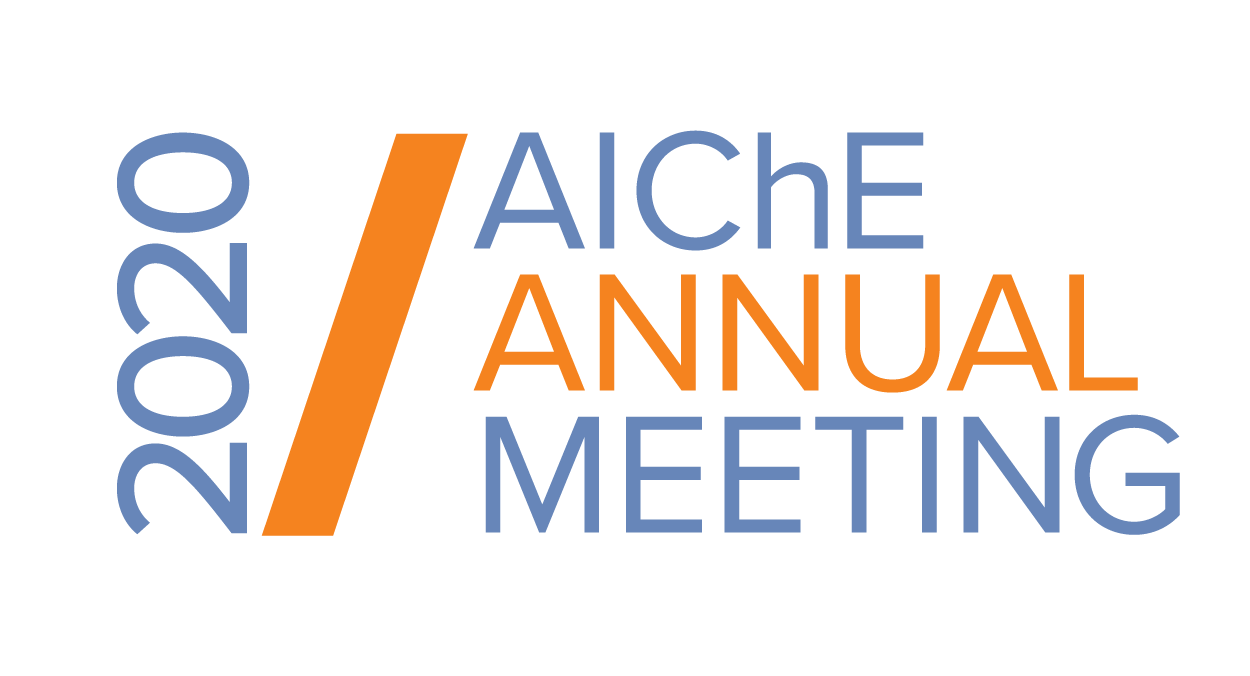

Building upon almost two decades of knowledge and experience gained from the field lab testing projects and Regional Carbon Sequestration Partnership (RCSP) Initiative efforts, the Program initiated the Carbon Storage Assurance Facility Enterprise (CarbonSAFE) Initiative. The CarbonSAFE Initiative addresses key gaps on the critical path toward CCS deployment by reducing technical risk, uncertainty, and cost of a geologic storage complex for 50+ million metric tons of CO2 over a 30-year timeframe from industrial sources. The CarbonSAFE Initiative is taking a phased approach: (1) the Integrated CCS Pre-Feasibility phase, (2) the Storage Complex Feasibility phase, and (3) Site Characterization and CO2 Capture Assessment. Subject to the availability of funding, a fourth phase would include permitting and construction. A total of 13 projects were completed under Phase I, which provided high-level evaluations of potential CCS scenarios in regions throughout the United States. Now nearing completion, six projects were awarded under Phase II to confirm the adequacy of storage complexes through initial site characterization. Phase III projects, anticipated to commence in 2020, will involve the entire integrated process, including a capture assessment, detailed site characterization, and begin the permitting process. These efforts are designed to lead to commercial-scale operations that demonstrate long-term capture and storage can be performed safely and securely. This presentation will include the latest updates from the CarbonSAFE Initiative.
